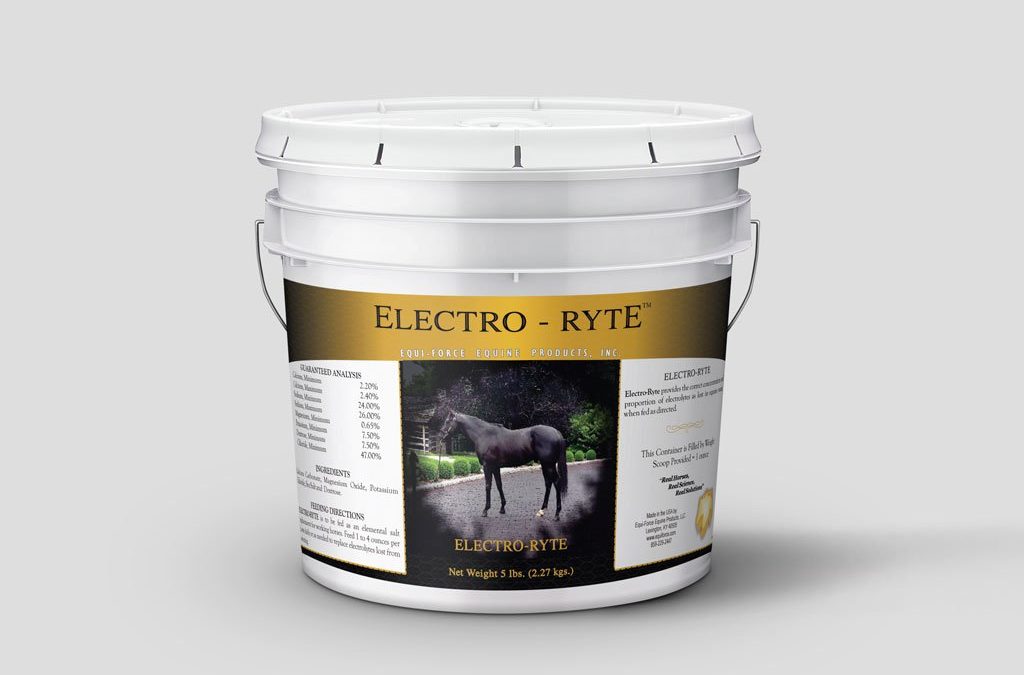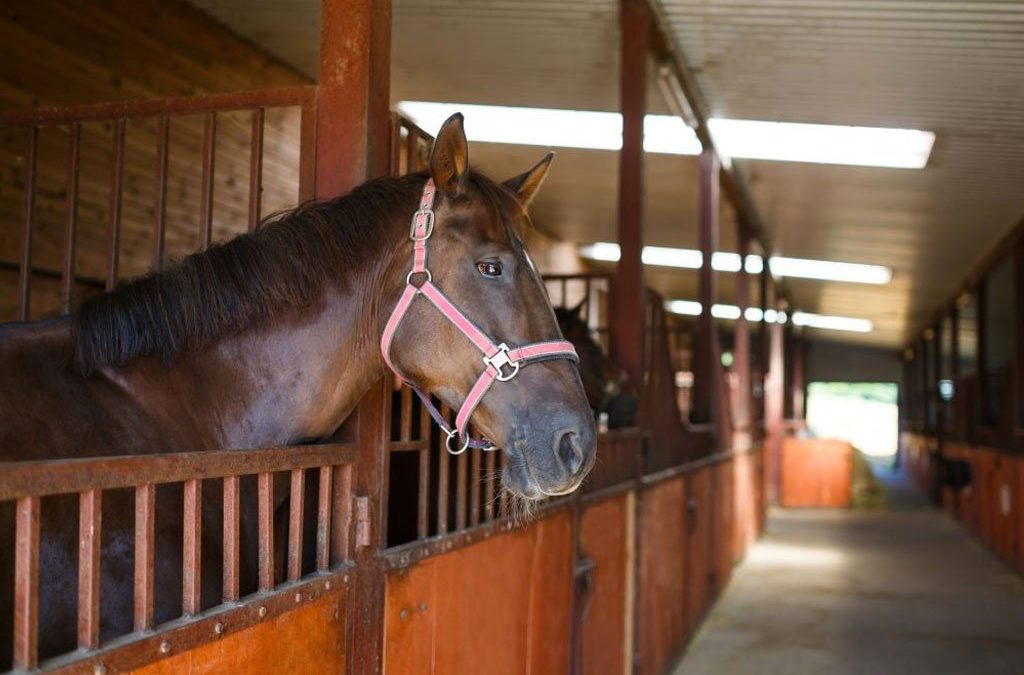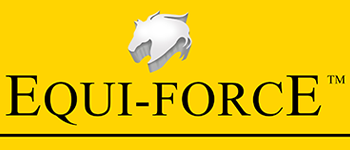
Managing the Nervous Horse
Smart feeding practices can help a racehorse overcome physical and mental stress The thoroughbred is bred to be a finely tuned animal with tremendous speed and stamina. But years of selective breeding have produced certain negative physical and psychological traits in...

An Equine Electrolyte for All Seasons – Electro-Ryte™
By including ingredients such as Redmond salt, Electro-Ryte™ provides the horse with all important natural macro and micro minerals. Electro-Ryte™ contains not only sodium and chloride but also calcium, potassium, magnesium and many other trace minerals acquired naturally. Electro-Ryte™ contains minerals necessary for increasing the horse’s energy and endurance levels, maintaining optimal hydration, coat and hoof condition and improving overall vitality.

Protein and Amino Acids in the Equine Diet
When thinking about meeting your horse’s protein requirement, remember that it does not mean just supplying a certain amount of crude protein, but ensuring levels of specific amino acids as well. For situations in which protein requirements will be higher, such as growth, pregnancy, and lactation, be sure to re-evaluate your horse’s ration to make sure all requirements are being met.

Myths and Misconceptions in Feeding the Horse
The misconceptions about feeding horses is a topic that is written about frequently but is worth repeating from time to time, because it appears to be a difficult one for some to grasp. When it comes to feeding horses, myths and old wives’ tales abound.

Optimizing Bone Formation
Since the recent break down of several high profile race horses, the media and others have tried to elucidate the cause of such catastrophic injuries. Those of us directly involved in the daily management and healthcare of Thoroughbreds know that there can be many factors that cause a horse to break bones, and trying to isolate or blame just one is difficult, if not impossible.

Supporting Equine Digestion and Healthy Gut Function
The equine digestive tract is a fragile system and the rigors of training often cause disruption of normal function to occur. Gastrointestinal disorders, such as gastric ulcer syndrome, are common among the equine population and are often treated with a variety of pharmacological agents. While we can treat some gastrointestinal disorders with certain drugs, we must also instill good preventive care of the digestive tract so we can lower the incidence of such disorders and help the horse maintain healthy gut function.
